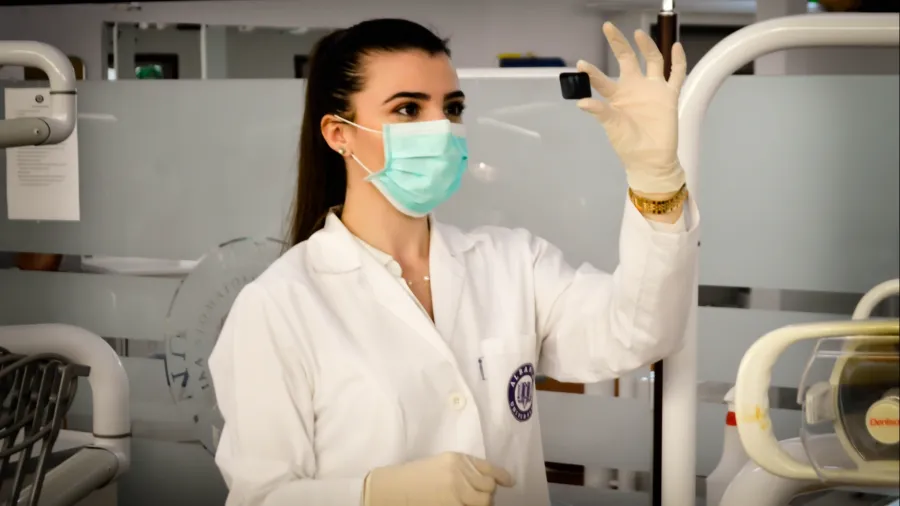
Generative AI, healthcare IT and GLP-1s to define 2024 in healthcare
Investors cite improved patient and provider experience as a priority for new gains this year.
After their steady developments in 2023, generative AI, healthcare IT, and therapies like GLP-1s have been seen as several of the defining factors of healthcare for 2024.
According to Bain & Company’s Global Healthcare Private Equity Report, investors and innovators across regions have placed in mind the technological and therapeutic developments that have spurred from the last year and will continue its trajectory for 2024.
One of the most prominent is generative AI, which has transformed the healthcare sector with productivity gains, improved patient and provider experience, affordable administrative costs, prompt biomedical research, and systematic drug development.
Generative AI has also been a strong component in the development of next-generation diagnostic equipment. As healthcare organisations have struck partnerships with big tech companies, investors have responded with the deployment of capital in specialty companies. About half of the 20 biopharmaceutical firms in the report released press releases about generative AI last year.
Compared to analytical AI, which has been the standard for the healthcare sector, generative AI can create new content, review existing content, and “reason and plan”. However, investors take note of the disruptive potential of the technology.
ALSO READ: India leads healthcare private equity deals in APAC
Healthcare IT has been regarded as an upside potential with fewer risks. Despite its deal volume dropping by 23% from 2022, healthcare information technology (HCIT) has gained traction with its ability to gauge innovation and offset macro factors, like inflation and labour shortages.
With the advent of digitalisation, HCIT has accounted for 10% of healthcare sector deal volume in 2023. To continue its trajectory, providers will bolster returns on investment through revenue cycle management, clinical workflow optimization, and patient engagement.
The previous year had also seen a rapid development in the sector of life sciences, such as the demand for glucagon-like peptide-1 agonists (GLP-1s). Continuing innovations for the GLP-1 class will require advancement for the services of the manufacturing of GLP-1 therapies, expanded ecosystem for patient support, and investments in business models to curb high rates of obesity.


















 Advertise
Advertise


